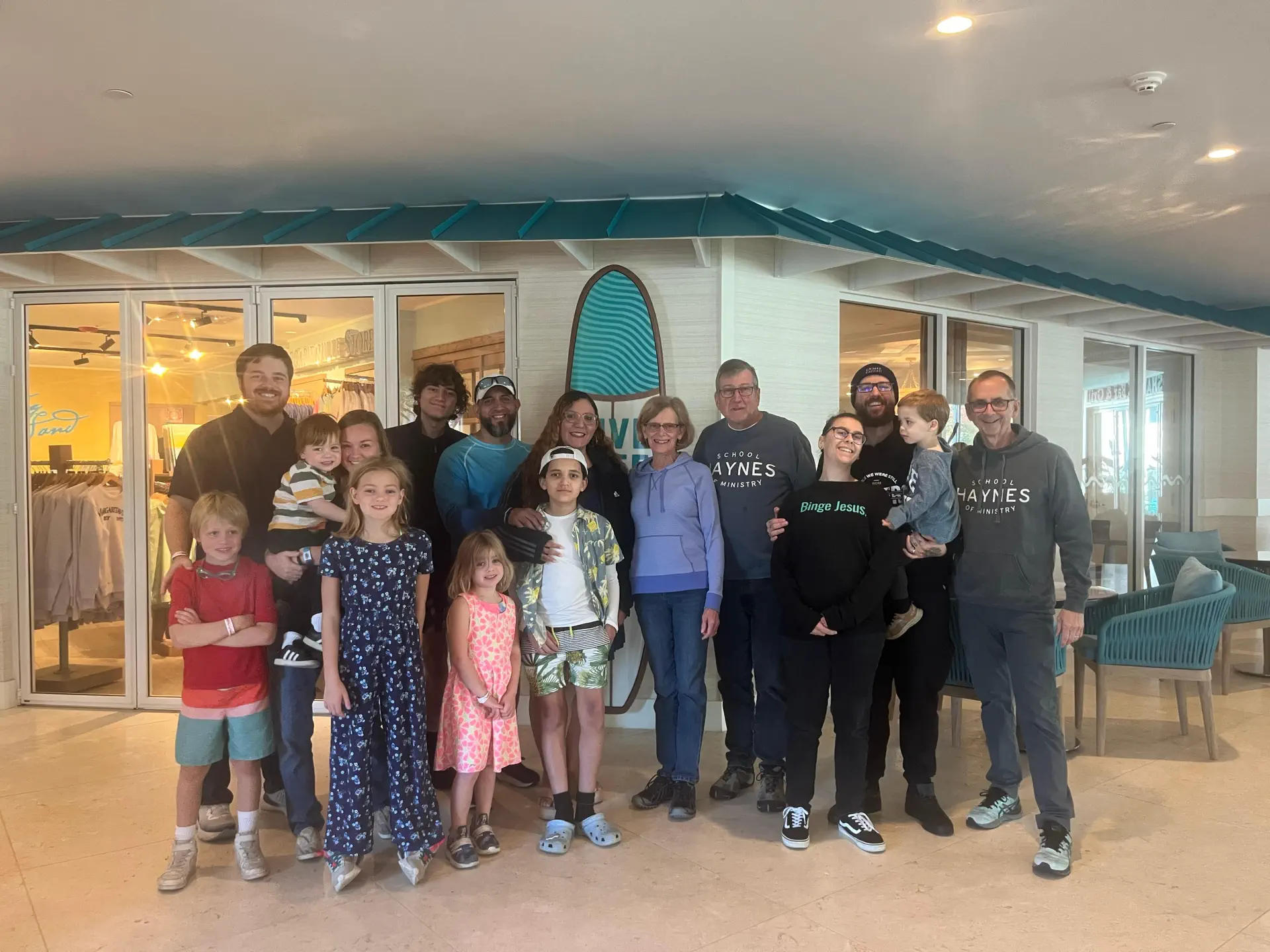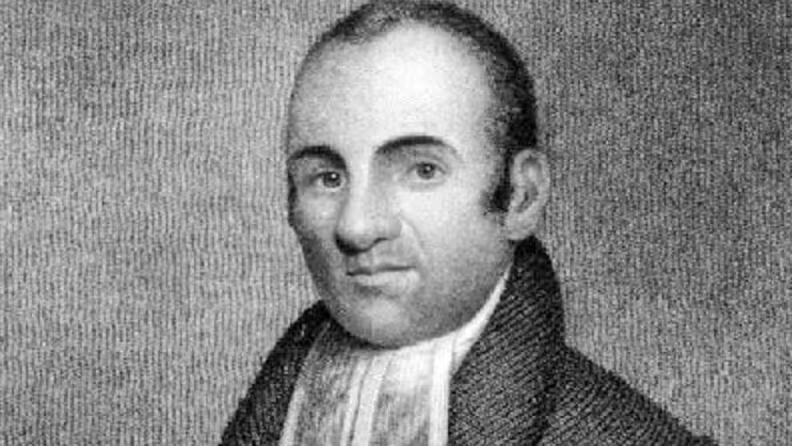The best way to address a community's deepest needs is to bring the gospel to bear concretely on every aspect of its life.
This quote comes from Urban Ministry, where Conn and Ortiz work this out further in three key ways:
First, this means urban ministry workers must not simply develop urban ministry strategies however they want. They must explicitly use Scripture’s illumination of the gospel as they build methods, strategies, and programs. Experience and common sense are not enough for building a ministry.
Second, urban workers must explicitly use God’s Word in an effort to have disciples read and obey God’s Word for themselves. This is a kind of empowerment that honors God and brings true power to those who have been put down. Conn and Ortiz quote William Dyrness (Invitation to Cross Cultural Theology: Case Studies in Vernacular Theology, 1992, p 34) “As in development, which seeks not simply to feed people, but to give them skills to take charge of their lives, so what we are after is a theological discipline that empowers people to be the people of God. We must seek to enable them to read and obey Scripture for themselves.”
Third, those doing urban ministry must show through Scripture how the gospel connects directly and concretely to life. Paul is our model here as we watch him connect, for example, a tolerance of incest to Christ the Passover Lamb: “Your boasting is not good. Don’t you know that a little yeast leavens the whole batch of dough? Get rid of the old yeast, so that you may be a new unleavened batch—as you really are. For Christ, our Passover lamb, has been sacrificed. Therefore let us keep the Festival, not with the old bread leavened with malice and wickedness, but with the unleavened bread of sincerity and truth” (1 Corinthians 5:6-8).
Similarly, pastors and ministry workers in the inner city must be able to connect anger, abuse, and addiction, for example, with Scripture. And as they do, they must be able to give biblically-based, gospel-oriented hope for true change, as Paul does in 1 Corinthians 6:11, “And that is what some of you were” (emphasis added).
The reality is, in any context—urban poverty or suburban wealth—ministers must bring to bear on all of life the power of the gospel as richly expressed in Scripture. The gospel alone has the power to transform and the gospel alone is able to bring glory to Jesus Christ.
Join us in continuing to pray for churches to be planted and the Gospel to be taught in New England’s urban neighborhoods.





